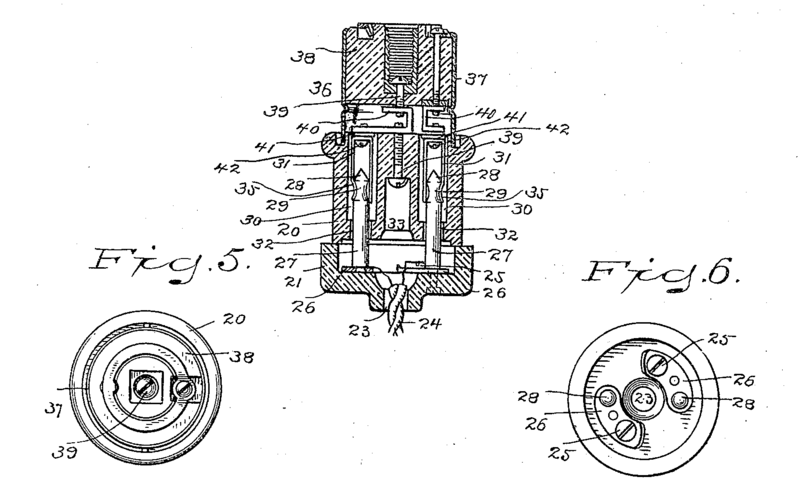
Maybe you just stumbled over it, or maybe you spent your life trying to come up with it – either way, if you have a great idea you need to decide if it is something that should – or can – be patented. As inventors like Miles Arnone ma know, a patent is the only way that you can protect your right to develop your great idea for the market and prevent someone else with more resources from stealing it out from under your nose. Here are some things that you should know about patents.
What is a patent and why is it necessary?
Basically, a patent is a form of protection given to an inventor to allow them the exclusive right to develop a new process or product. This means that no one else is allowed to “steal” your idea and develop it independently. More often that you would imagine, more than one person may be developing an idea at the same time (often because ideas are inspired by events, new developments in other fields, or other things that may give more than one person the same “light bulb” moment). However, even though an idea might be yours as much as anyone else’s, the first person to secure a patent is the only one who can take that idea forward. If someone else patents your idea, then legally speaking it is no longer yours.
What should be patented?
Not just any thing can be patented. In order to qualify, an idea must be “novel”, that is, not already known to the public. It should also involve an innovation that is not obvious to other people in the field, and must be something that can actually be produced. But even if you meet these criteria, this doesn’t necessarily mean that you should apply for a patent. While a patent protects your rights to develop your idea, they are quite expensive to obtain and maintain, and are only enforceable for a limited period of time. This is because the patent is meant to protect the rights of the owner to develop the product for the market – it is not meant to give permanent rights to the idea. So in some cases, it may be better to develop the product and to keep the process or idea a secret. However, if your idea could be easily copied by others, then you may want to patent it.
Things to know as you decide
There are certain things that you must avoid doing if you think you may want to apply for a patent because they actually forfeit your right to do so. For example in the United States if you sell your product, you are no longer able to patent it after 12 months. Similarly, in the US if you have publically used your product, you only have 12 months to apply for a patent (remember, ideas can only be patented if they are not known to the public).
The process of applying for a patent is time-consuming and expensive, and there are many things that can go wrong in this business – especially if someone else has already patented your idea! Be sure that you speak to a professional advisor to get the best advice for your situation.